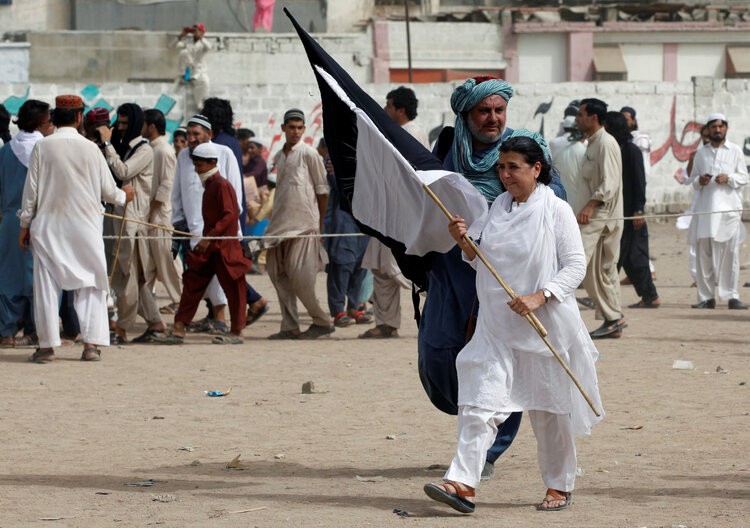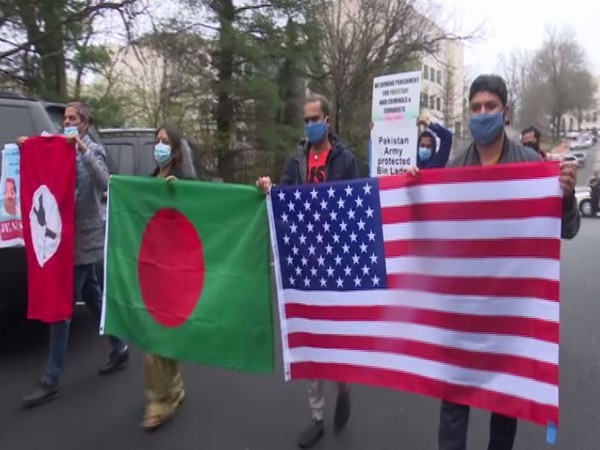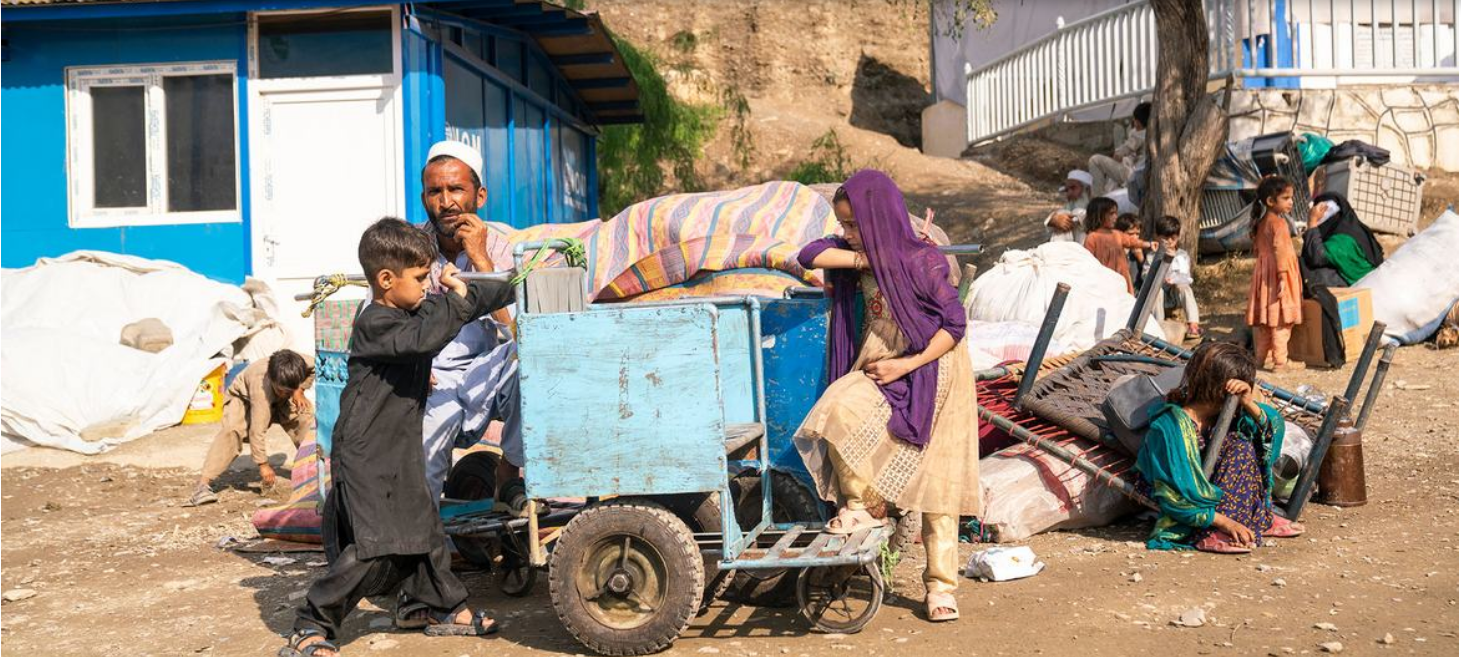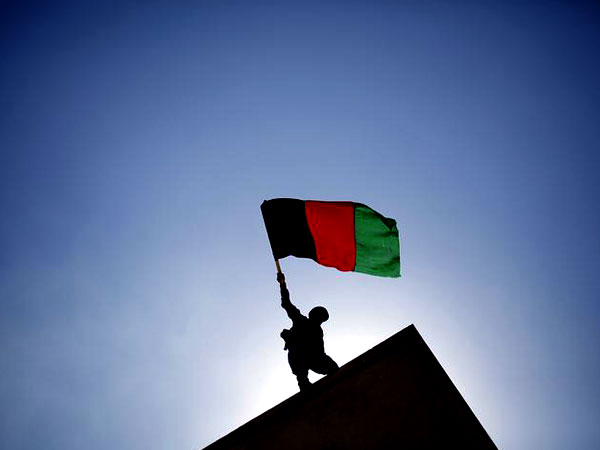The Pashtun Tahafuz Movement (PTM) leaders and its supporters, on Saturday, demanded that the Pakistan government end its war on the Pashtun belt and form a ‘truth and reconciliation commission’ to investigate the war crimes committed against Pashtuns.
They were speaking at the official launch of an event in the National Press Club in Washington, D.C. The event was attended by more than 50 participants including Pashtun, Baloch, and Sindhi diaspora in the Washington, D.C.
The prominent speakers of the event included Rasool Khan, Habib Waziri (Pashtun Tahafuz Movement), Sufi Munawar Laghari (Sindhi Foundation), Nabi Bakhsh Baloch (Baloch National Movement).
The founders and Central Leaders of Pashtun Tahafuz Movement including Manzoor Ahmed Pashteen, Mohsin Dawar and Abdullah Nangyal spoke through video call.
Mohsin Dawar, while addressing the forum said: “PTM is an anti-war movement, we are demanding a truth commission to investigate the war on the Pashtun Land, to pin responsibility on those responsible for bloodshed, enforced disappearances and landmines cultivated during this war. The Taliban have marked their return in the Pashtun belt, they are regrouping and attacking the locals. We demand peace for our land”.
Pashtun Tahafuz Movement is a civil rights movement that emerged in Pakistan in response to State-enforced terrorism and human rights abuses of Pakistan’s army and intelligence agencies in the Pashtun Belt of Pakistan including enforced disappearances, extrajudicial killing, and landmines.
From time to time PTM has alarmed the authorities of the insurgence and regrouping of the militant groups in the Pashtun Belt. They have demanded an end to the strategic war on the Pashtun belt.
Gulalai Ismail said that the state authorities, “instead of curbing terrorism is using regressive anti-terrorism, cybercrime and sedition laws to curb voices of dissent in Pakistan”.
Muhammad Rasool said that the war economy of Pakistan has destroyed the lives and economy of the Pashtuns across the Durand Line. “The rogue powers have to be held accountable,” he added.
Abdullah Nangyal, PTM forefront Leader said, “the peace of in Afghanistan and Pakhtunkhwa-Pakistan is inextricably linked to each other. There cannot be peace in Pakhtunkhwa without peace in Afghanistan.”
Manzoor Pashteen, PTM leader said, “I want to give the message of unity in political struggle, we’ve bigger goals to achieve through PTM and that is only possible if we come as a united front.”
PTM has been subjected to arrests, intimidation, assassination, and complete censorship of the movement’s activities from the country’s mainstream media. On many occasions, repression came in the form of assassination, such as the murder of PTM leader Arif Wazir in May this year. On other occasions it came in the form of unrestrained physical force by the military.









